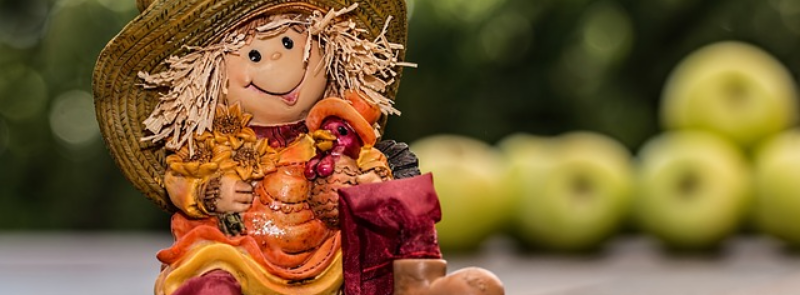
When It Occurs
Every July 4th
Timeline
Days Passed (964)
# Hashtags
#NationalHillbillyDay #AppalachianCulture
While July 4th is often associated with Independence Day celebrations in the United States, there isn't a widely recognized or official "National Hillbilly Day" on this date. The term "hillbilly" historically refers to people living in rural areas, often associated with the Appalachian region, and has cultural connotations. However, celebrating or recognizing Hillbilly Day on July 4th isn't a formally established national observance. The day primarily revolves around the celebration of American independence through various festivities and events.
Objectives
The primary objectives of National Hillbilly Day are:
- Celebrate Appalachian Culture: Recognize and appreciate the rich cultural heritage of the Appalachian region and other rural areas.
- Promote Traditional Music: Highlight the importance of bluegrass, country, and folk music, which are integral to hillbilly culture.
- Honor Rural Traditions: Appreciate the customs, crafts, and lifestyles of rural communities.
- Challenge Stereotypes: Educate the public about the realities of hillbilly culture, countering negative stereotypes and promoting a more accurate understanding.
Elements of Hillbilly Culture
- Music: Bluegrass, country, and folk music are central to hillbilly culture, featuring instruments like the banjo, fiddle, and guitar.
- Craftsmanship: Traditional crafts, such as quilting, woodworking, and pottery, are highly valued.
- Storytelling: Oral traditions and storytelling play a significant role in preserving the history and values of rural communities.
- Lifestyle: A connection to the land, self-sufficiency, and a strong sense of community are hallmarks of hillbilly culture.
Celebrations and Activities
National Hillbilly Day is celebrated with various activities that highlight the enjoyment and significance of Appalachian and rural traditions:
- Music Festivals: Attending or participating in bluegrass, country, and folk music festivals.
- Craft Fairs: Visiting local craft fairs to appreciate and purchase traditional handmade goods.
- Storytelling Events: Organizing or attending storytelling sessions to hear tales and legends from the Appalachian region.
- Outdoor Activities: Enjoying outdoor activities such as hiking, fishing, and picnicking in rural settings.
- Cooking Traditional Foods: Preparing and sharing traditional Appalachian dishes, such as cornbread, fried chicken, and apple pie.
- Dressing Up: Wearing traditional or themed clothing to embrace the spirit of the day.
How to Celebrate
- Listen to Music: Enjoy bluegrass, country, and folk music, either by attending a live performance or playing your favorite records at home.
- Support Local Crafts: Purchase handmade crafts from local artisans or visit a craft fair to support traditional craftsmanship.
- Learn a New Skill: Try your hand at a traditional craft or cooking a classic Appalachian dish.
- Share Stories: Participate in or organize a storytelling event to share and listen to tales from rural communities.
- Enjoy the Outdoors: Spend time in nature by hiking, fishing, or having a picnic to connect with the rural lifestyle.
- Educate Yourself and Others: Learn more about the history and culture of the Appalachian region and share your knowledge with friends and family.
Significance of National Hillbilly Day
National Hillbilly Day is significant because it celebrates and honors the rich cultural heritage of the Appalachian region and other rural areas. By highlighting the music, crafts, traditions, and way of life associated with hillbilly culture, the day fosters a greater appreciation and understanding of these communities.
The observance also challenges negative stereotypes and misconceptions about the term "hillbilly," promoting a more accurate and respectful view of rural American culture. Through music, storytelling, crafts, and outdoor activities, National Hillbilly Day encourages people to connect with and celebrate the unique aspects of rural life.
Overall, National Hillbilly Day is a celebration of the resilience, creativity, and community spirit that define hillbilly culture, contributing to the broader tapestry of American heritage.


